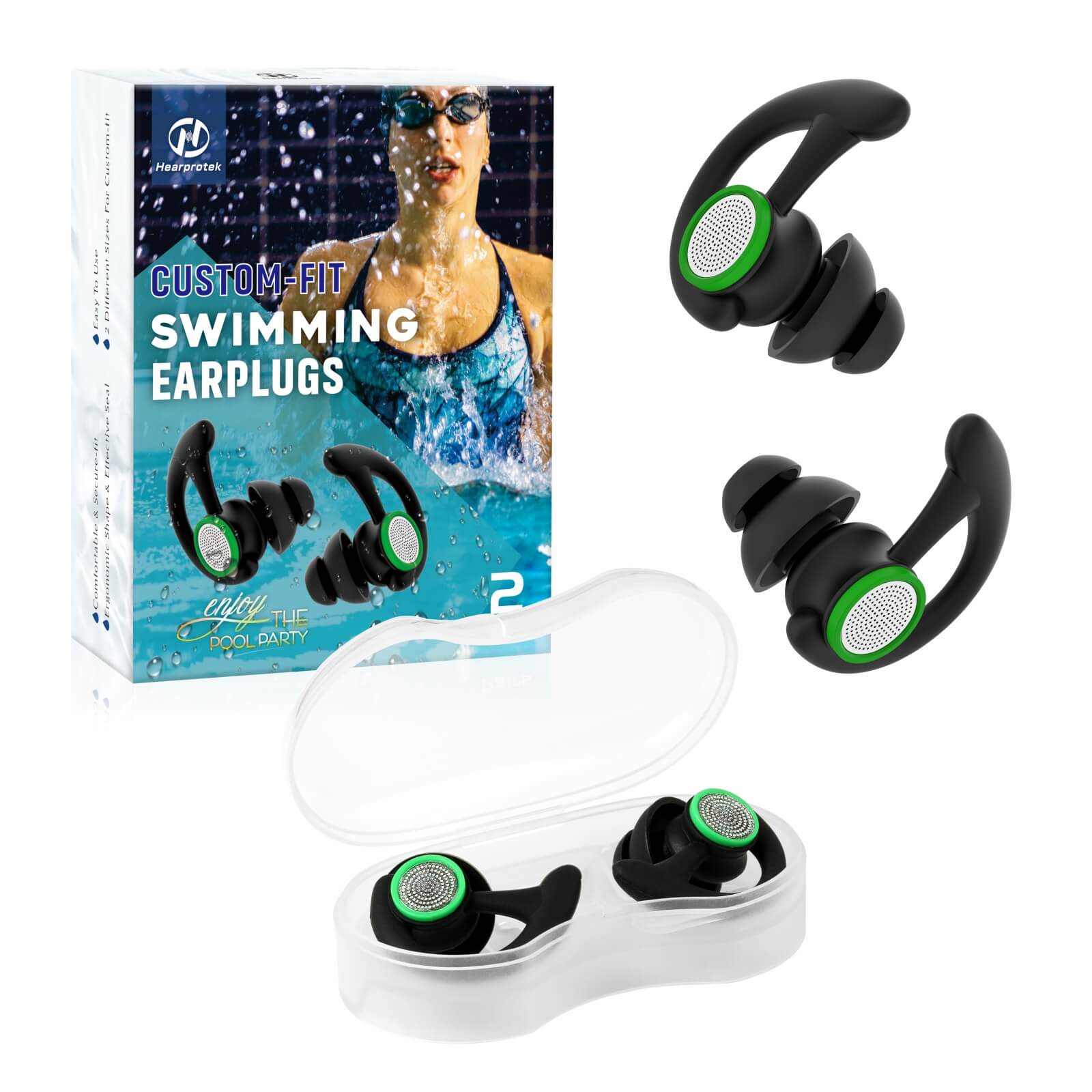-
 Retrouver dansMembres
Retrouver dansMembres Retrouver dansVidéos
Retrouver dansVidéos Retrouver dansChaînes
Retrouver dansChaînes
This website uses cookies to ensure you get the best experience on our website.
To learn more about our privacy policy Cliquez iciPréférence de confidentialité
- Mots clés - #BLOG
-
- Dernière mise à jour 18 févr. 0 commentaire , 75 vues, 0 comme
More in Politics
Related Blogs
Les archives
Making a Splash While Staying Safe: Understanding the Risks of Ignoring the Importance of Swimming Ear Plugs
Corps
The Importance of Protecting Your Ears
When it comes to swimming, most people focus on the importance of wearing sunscreen or using proper swimming techniques. However, one aspect that often gets overlooked is the protection of our ears. Ignoring the significance of swimming ear plugs can lead to various risks and potential health issues.

The Risks of Ignoring Ear Protection
Swimming without ear plugs can expose your ears to water, which can lead to a condition known as swimmer's ear. This is an infection of the outer ear canal that can cause pain, itching, and inflammation. The moisture in the ear creates a perfect breeding ground for bacteria and fungi, increasing the risk of infection.
Furthermore, repeated exposure to water can also lead to the accumulation of earwax, which can block the ear canal and affect your hearing. This can be particularly problematic for individuals who swim regularly or participate in water sports.
The Benefits of Using Swimming Ear Plugs
Using swimming ear plugs can provide several benefits and help prevent the risks associated with ignoring ear protection. Firstly, ear plugs create a barrier that prevents water from entering the ear canal, reducing the chances of developing swimmer's ear or ear infections.
Additionally, ear plugs can help keep the ear canal dry, preventing the buildup of excess earwax. This can improve your overall hearing and reduce the need for frequent ear cleaning.
Choosing the Right Ear Plugs
When it comes to selecting swimming ear plugs, there are various options available in the market. It is essential to choose a pair that fits comfortably and provides a secure seal. Silicone ear plugs are a popular choice as they are soft, flexible, and waterproof.
Some ear plugs are designed specifically for swimming and come with additional features such as a leash or a carrying case. These can be convenient for individuals who swim regularly and want to keep their ear plugs safe and easily accessible.
It is important to note that while swimming ear plugs are beneficial, they should not be used as a substitute for proper ear care. It is still essential to dry your ears thoroughly after swimming and avoid inserting any objects into the ear canal.
In conclusion, understanding the risks of ignoring the importance of swimming ear plugs is crucial for maintaining ear health while enjoying water activities. By using swimming ear plugs, you can protect your ears from infections, reduce the accumulation of earwax, and improve your overall hearing. So, the next time you make a splash, don't forget to prioritize the safety of your ears!







commentaires